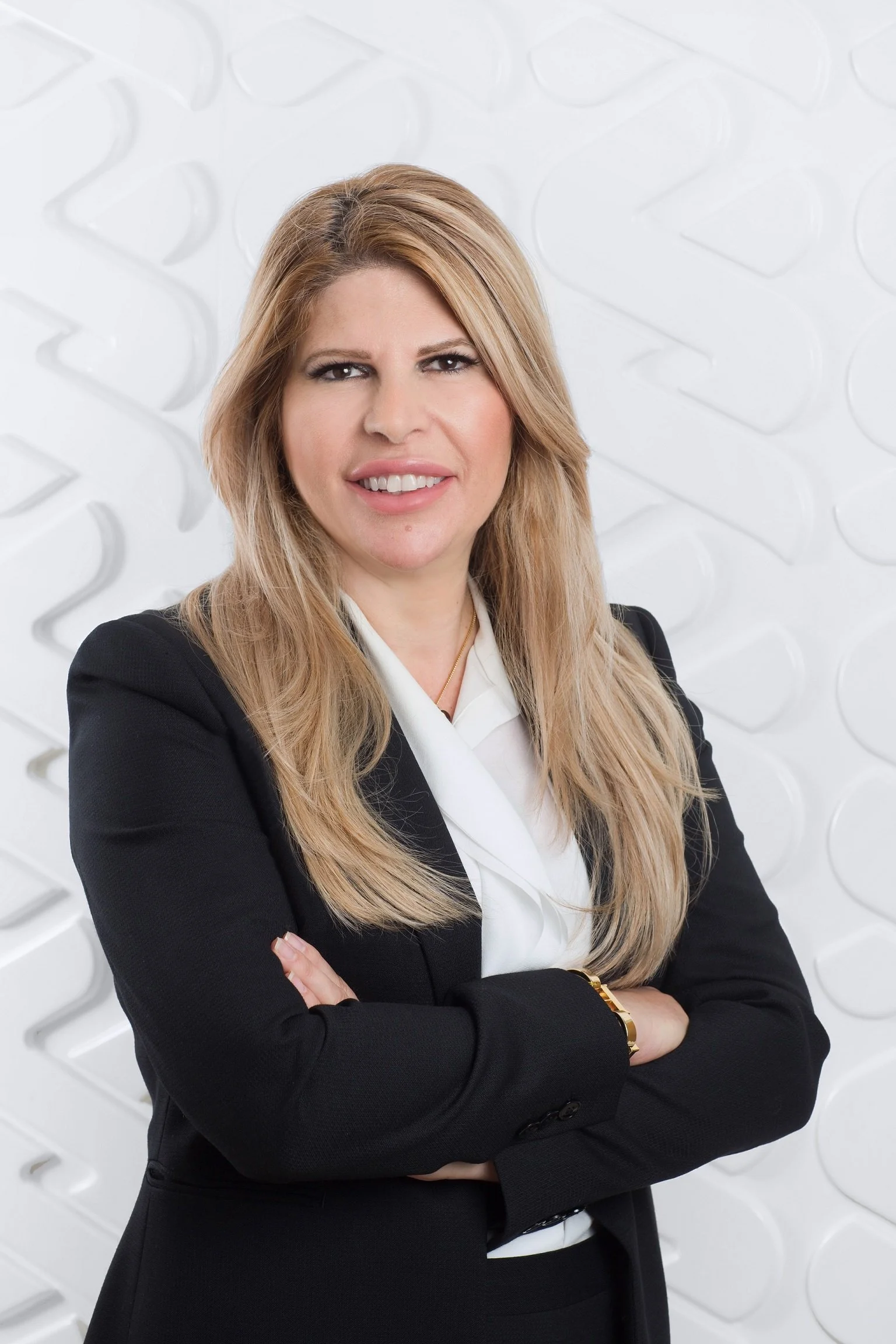Empowering Gender Equality in Finance: A Conversation with Standard Chartered Bank & 100 Women in Finance
To shed light on Africa’s evolving gender dynamics, Invest Africa spoke with Rola Abu Manneh, CEO of Standard Chartered, UAE. This insightful interview explores the current landscape of financial access for female-led businesses in Africa and discusses the strategies to foster greater gender equality and equity within the workplace.
Rola Abu Manneh
Chief Executive Officer, UAE | Standard Chartered
In your experience, what strategies have proven effective in fostering diversity and inclusion within leadership and throughout the organisation?
Creating an inclusive and diverse workplace requires a holistic strategy. To establish an inclusive and diverse workplace, a comprehensive strategy, the foundation of which lies in the unwavering commitment of the leadership team, sets the tone for the entire organisation.
Successful strategies I've experienced involve ensuring diversity throughout the recruitment process by recalibrating candidate pools and utilising platforms favoured by underrepresented groups. Additionally, internal policies tailored to provide growth opportunities for these groups through professional development initiatives have significantly impacted our diversity levels.
How would you describe the current landscape of access to finance for women entrepreneurs in Africa, and what are the key challenges they face in securing funding?
The present scenario concerning access to finance for women entrepreneurs in Africa is gradually evolving, yet persistent challenges still exist. Women encounter difficulties securing funding due to factors such as limited collateral, gender biases in lending practices, and a deficiency in financial education. Societal norms and expectations also play a role in restricting women's access to financial resources for entrepreneurial ventures.
What specific initiatives or strategies do you believe are most effective in increasing access to finance for female-led businesses in Africa, considering the unique socioeconomic challenges they may face?
Enhancing access to finance for female-led businesses in Africa demands tailored initiatives. Implementation of financial literacy programmes empowers women entrepreneurs to navigate the funding landscape smoothly. Establishing dedicated funds that focus on supporting female-led businesses, along with offering mentorship opportunities and creating networks connecting women entrepreneurs with investors, can significantly enhance their prospects of securing funding.
Gender-lens investing has been on the rise globally. What factors have contributed to the growth of gender-lens investing in Africa, and how effective can it be to close the gender financing gap?
The rise of gender-lens investing in Africa can be attributed to an increasing recognition of the economic potential inherent in investing in women. Factors such as improved data collection on gender impact, advocacy efforts, and an enhanced understanding of the positive correlation between gender diversity and financial performance have contributed to this trend. Gender-lens investing proves effective in closing the gender financing gap by directing capital towards businesses prioritising not only gender equality but also gender equity, thereby fostering a more inclusive and sustainable economic ecosystem.
As a female CEO, what do you believe are some of the unique strengths or perspectives you bring to your leadership role, shaped by over two decades of experience in leadership positions, and how do you leverage them for the benefit of your company and team?
As a female CEO, I believe that I bring a distinctive set of perspectives to my leadership role, mainly shaped by over two decades of experience in leadership positions. My extensive background enhances a more well-rounded and inclusive approach to decision-making. Focused on fostering a workplace culture valuing diversity and inclusion, I ensure the team feels empowered to bring their authentic selves to work. This not only enhances creativity and innovation but also creates a more supportive and collaborative environment, which allows us to attract and retain the brightest and best talent. It also helps us identify the risks and rewards of key matters to make well informed decisions, which certainly provides us with the competitive advantage needed to succeed in a highly competitive market.
What unique challenges have you faced as a female CEO and how have you overcome them?
Like any other leader, my experience in the finance world was marked by several challenges. Some of these challenges were mainly due to the structural nature of the organisations I served while others were mainly due to the male dominant nature of the industry and the presence of unconscious biases.
Overcoming these challenges demanded a considerable amount of determination and resilience. Women, despite possessing exceptional skills and potential, often encounter barriers deeply rooted in gender biases within corporate cultures. While the journey involved uncertainty, overcoming these challenges was an exciting and fulfilling experience. It's crucial to acknowledge that while progress has been made, there is still work to be done to ensure equal opportunities and fair treatment for women in leadership roles, addressing both cultural and structural barriers.

